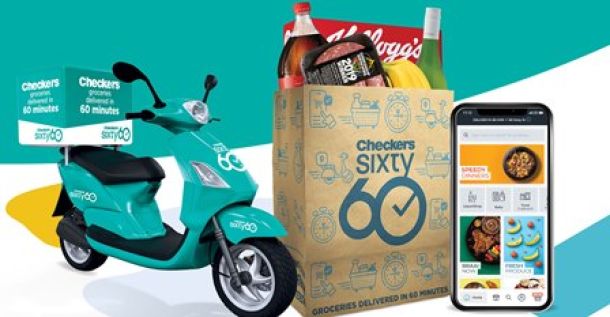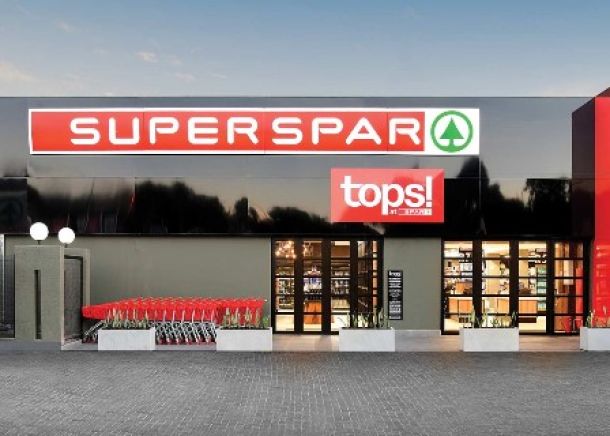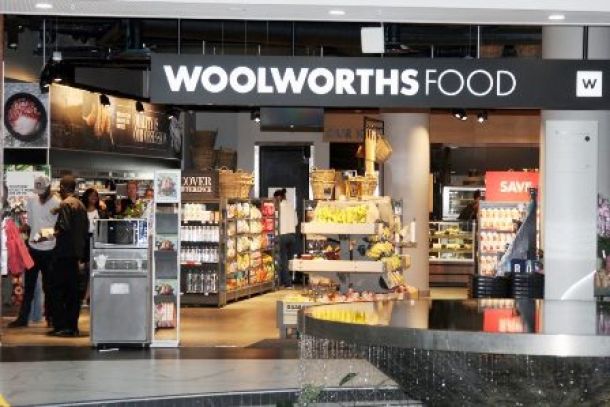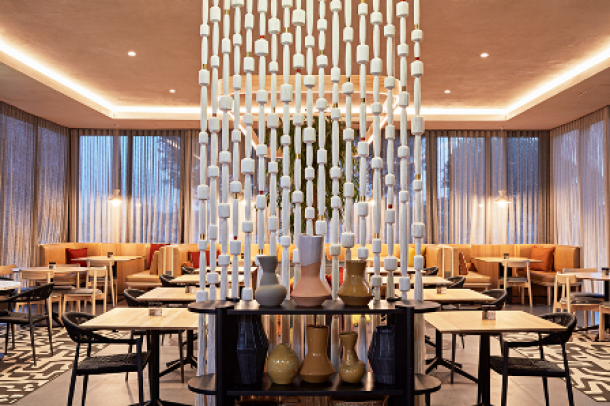Clicks pushes its own branded products
Clicks will prioritise its own branded products in a bid to provide better value to cash-strapped consumers, CEO Vikesh Ramsunder says.
A third of products, excluding dispensed medicines, sold by the health and beauty retailer are from its own labels.
Private labels of food and beauty products, among others, are growing in SA as consumers look for cheaper alternatives.
Clicks released its trading update for the 20 weeks to January 12, showing retail sales grew 7.9% and total group sales were up 9.9% to R12.9bn, with its distribution unit UPD faring particularly well.
Ramsunder said on Thursday that when consumers reduce their budgets, Clicks has the “equivalent private label” body cream, vitamin or soap for less. Clicks’ branded goods offer good value, he said.
“It’s not easy,” he admits, speaking of the struggling economy and stifled consumer. “We have to be conscious of the [macroeconomic] environment and can’t be naive about what is happening. But in a tough economy, people still wake up in the morning. They still need to wash their face. They still have to go to the pharmacy.”
Not all Clicks’ private label own products are budget goods.
“We must be relevant to everyone. Not everyone is searching for value. Some [consumers] want distinctive products,” Ramsunder said.
Clicks-owned GNC, its sport and vitamins premium brand, sells “exceptionally well”, he said.
Retailer Spar is also increasing its private label products. Last year, it bought a majority stake of Monteagle, that produces many Spar brands. About one in four of all products sold by the food wholesaler is a private label good, with wholesale revenue of Spar-branded products increasing 10.1% to R13.4bn, in its latest results.
Ramsunder sees Clicks expanding its stores to 900 from 704 without cannibalising itself.
Clicks wants to open a store within 5km of every customer, offering cash-strapped consumers’ shorter trips to the store.
In the period under review, Clicks’ big growth came from UPD, a wholesaler of medical goods and distributor of drugs to independent pharmacies and private and government hospitals, which grew sales by 13.1%.
“This is a 40-year well-run business,” said Ramsunder, who led the distributor from 2010 to 2015. He said the national footprint of UPD made it competitive and efficient.
UPD has just under 23% of SA’s medicine distribution and wholesale market and plans to grow to 30%.
Sasfin equity analyst Alec Abraham said that when pharmacy companies started using third-party distributors, Clicks “was the only operator that could provide this service on a national basis and at a good level of service, thus taking full advantage of its first mover advantage in this space”.
As medicine price increases are set by government, the wholesale drug business can only compete on service, Ramsunder said.
Despite its sales growth, the group’s share price dropped 4.05%, to R254.76, its biggest fall, since February 2019.
FNB wealth and investments analyst Wayne McCurrie said the Clicks share price was very expensive, meaning investors had demanding expectations. Its price earnings ratio is more than 30 times.
“It does look expensive. It is a well-run business. It was a good set of results. But with such a high price-to-earnings ratio, the market wants a phenomenal set of results that are significantly better than all the others [retailers].”
McCurrie said Clicks “is a fantastic company and there is no question you should have it in your long-term portfolio. But in the shorter term, no.”
Commenting on the expensive share price, Ramsunder said “people have been saying that for 10 years. Those who haven’t bought [the share] have missed out.”
News Category
- International retailers
- On the move
- Awards and achievements
- Legislation
- Wine and liquor
- Africa
- Going green
- Supplier news
- Research tools
- Retailer trading results
- Supply chain
- Innovation and technology
- Economic factors
- Crime and security
- Store Openings
- Marketing and Promotions
- Social Responsibility
- Brand Press Office
Related Articles

Checkers online shopping bonanza

SPAR eyes acquisitions to take on Shoprite

Coca-Cola Beverages South Africa appoints Rakes...

Woolworths starts selling Apple products, lapto...


